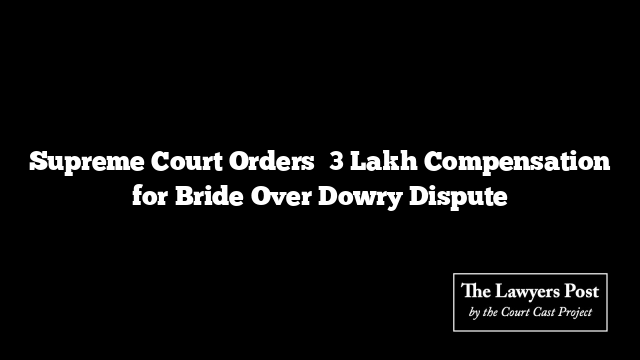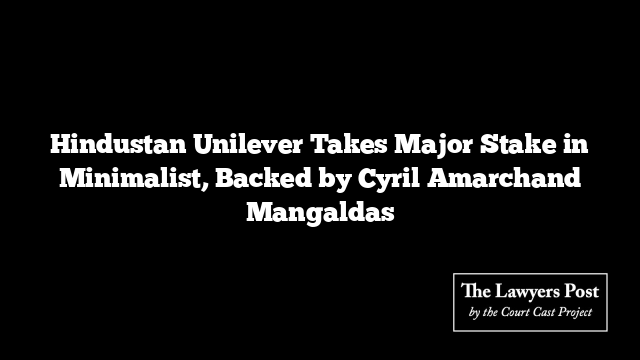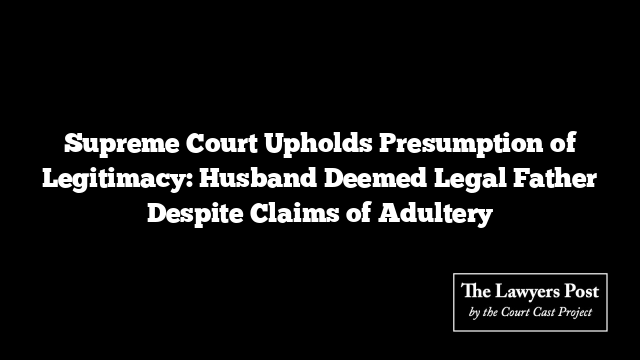In a stern reminder of the ongoing battle against dowry-related harassment, the Supreme Court has upheld the conviction of a man who ended his three-day marriage over unmet demands for gold, directing him to pay ₹3 lakh as compensation to the bride.
The case, originating from a 2006 marriage that lasted just days, saw M. Venkateswaran accused of dowry harassment under Section 498A of the Indian Penal Code (IPC) and Section 4 of the Dowry Prohibition Act. Venkateswaran had reportedly demanded 100 gold sovereigns as dowry, and when the bride’s family declined, he refused to cooperate with the wedding reception, leading to allegations of mental cruelty and harassment.
Over nearly two decades of litigation, multiple courts reaffirmed Venkateswaran’s culpability. The trial court convicted him under Sections 498A IPC and the Dowry Prohibition Act, sentencing him to three years and one year in prison, respectively. While subsequent appeals reduced the sentence duration, the conviction stood firm.
The Supreme Court, acknowledging the prolonged nature of the case and the fact that both parties had moved on, modified the sentence to time already served. However, it emphasized accountability by mandating the ₹3 lakh compensation, payable within four weeks, failing which the appeal would be dismissed, and the remaining sentence enforced.
The judgment highlights a critical stance against dowry-related practices, reinforcing that such demands have no place in modern society.





